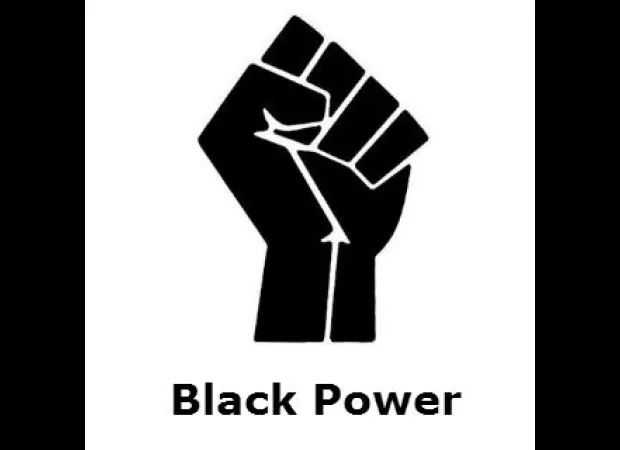Study finds that there is growing acceptance and backing for Black Nationalism.
Researcher Tony Brown found that traditional factors linked to Black nationalism, such as income, education, age, and gender, are not as important as previously believed.

A group of sociologists from Rice University have recently released a new study that sheds light on the widespread support for Black nationalism within the Black community. This research reveals that over the years, people's attitudes towards this belief system have become more accepting and open-minded.
For those unfamiliar, Black nationalism is a sociopolitical ideology that advocates for the unity and empowerment of Black people in order to achieve racial equality. Supporters of this movement reject the idea of integration with white society and instead advocate for a separate society where Black individuals can establish their own institutions.
The study, titled "Wakanda Forever! Consistency in Correlates of Black Nationalist Tendencies," used data collected from Black participants in the 2012 Life on Outlook surveys to uncover its new findings. The title of the study is a nod to the popular 2018 Marvel film, Black Panther, which takes place in the fictional nation of Wakanda, often seen as a symbol of Black excellence and a model society by many nationalists.
According to Tony Brown, the lead researcher of the study, the factors that were previously thought to contribute to support for Black nationalism, such as income, education, age, and gender, are not as significant as initially believed. "Past studies have shown that young Black individuals were more likely to desire separation from white people, that Black men were in favor of having their own independent nation, and that those with higher levels of education and income were not supportive of Black nationalism as they had achieved success within the current system," Brown explained. "However, our new findings show that age, gender, income, and education do not play a significant role in determining support for Black nationalism."
Instead, the study found that a strong dislike towards white people, as well as a sense of solidarity within the Black community, were key factors in aligning with Black nationalism. Additionally, recent political movements and policies that have disproportionately targeted the Black community, such as mass incarceration and anti-diversity, equity, and inclusion efforts, have also contributed to the growing support for Black nationalism.
Brown believes that these findings are crucial in understanding the current state of racial equality and progress in society. "These issues highlight the enduring presence of white supremacy, and it's disheartening for many Black individuals who thought that real progress had been made," he stated. "We need to acknowledge and prioritize the needs and voices of Black people when working towards a more equitable world."
The study, which is now available to read online and will be published in the Social Science Quarterly, serves as a reminder that the fight for racial equality cannot be achieved without the involvement and inclusion of the Black community. "It's all too common for those advocating for equal rights or conducting research on important issues to overlook the perspectives and experiences of Black individuals, assuming that they can solve issues of white supremacy and its effects without involving the Black community in the process," Brown concluded.
55 Views






